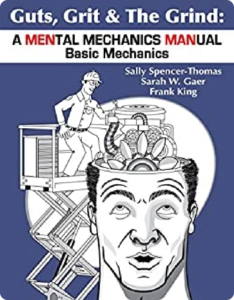Orlando, FL—Construction is an industry defined by resilience. Day after day, professionals in hard hats rise before dawn to build the infrastructure of America: bridges, schools, hospitals. They are masters of risk, trained to spot dangers that most of us would never recognize. Yet there is one threat that rarely makes it onto the morning safety checklist—mental health.
According to the Centers for Disease Control and Prevention, suicide rates for those in construction are among the highest of any profession. For too long, conversations about well-being have been shrouded in silence, dismissed as “not our problem” or “something to deal with at home.” But the numbers tell a different story. When stress, isolation, and stigma are allowed to fester, the results are both tragic and preventable.
“People assume that mental health issues are a sign of weakness, when the truth is, they’re simply a part of being human,” says Frank King, a comedian-turned-suicide prevention advocate who has dedicated his career to breaking down these misconceptions. “In construction, we talk about safety every day. Why not talk about mental wellness with the same urgency?”
The reasons for silence are deeply ingrained. “The culture in construction rewards grit—toughness, self-reliance,” King explains. “But unchecked, that culture can become a barrier to asking for help. It’s time to acknowledge that true strength means looking out for one another, on and off the job.”
At industry gatherings like the AGC Annual Convention, change is beginning to take root. Sessions on mental health are moving from the margins to center stage, driven by both regulatory pressures and a genuine desire to protect the workforce. The focus is shifting toward practical tools: how to spot warning signs, initiate difficult conversations, and build support systems that last beyond the closing keynote.
Still, resistance persists. Many hesitate, worried about saying the wrong thing or crossing a personal boundary. King’s advice: “Start small. Ask your coworker how they’re really doing. Share your own story. The more we normalize these conversations, the safer our industry becomes—not just physically, but emotionally too.”
For leaders and frontline builders alike, the message is clear: mental health is not a private issue, but a collective one. By integrating mental wellness into the fabric of safety culture, construction companies can empower their teams to weather both visible and invisible storms.
As the industry looks ahead to the next decade of challenges, perhaps its greatest act of resilience will be learning to break the silence—and build a future where every worker feels seen, supported, and safe.

